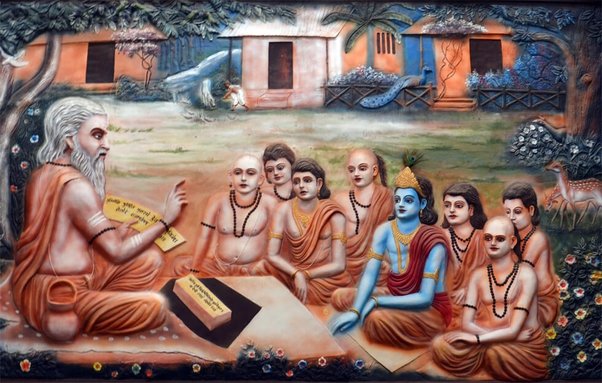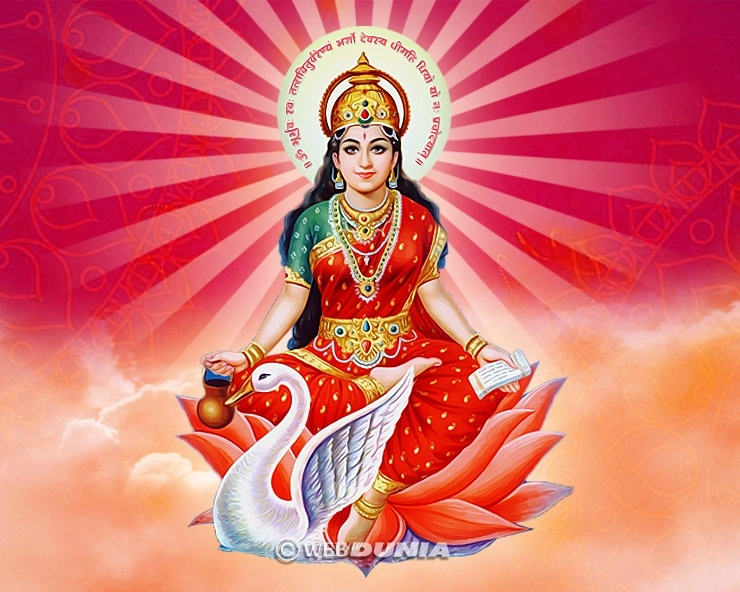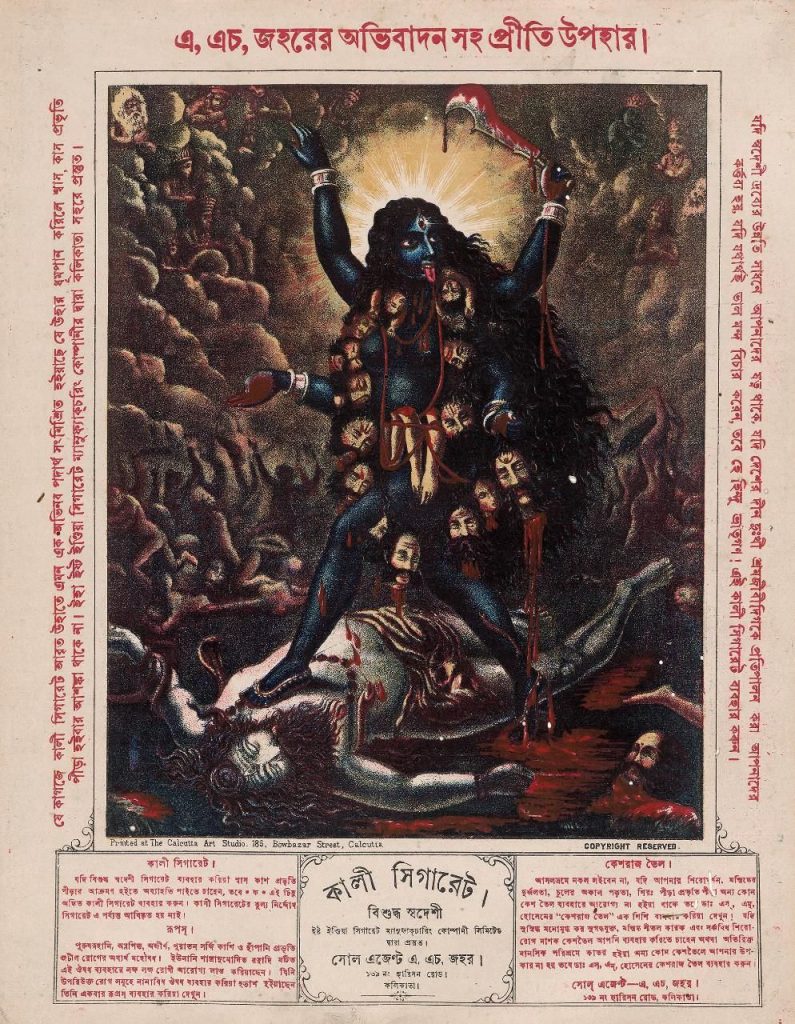In Sanatana Dharma, Atman refers to the individual self or Soul that is believed to be eternal and unchanging. It is considered to be a part of Brahman, the ultimate reality or divine consciousness. The concept of Atman is a central tenet of Hindu philosophy and spirituality.
According to Hinduism, the individual Atman is distinct from the physical body, the mind, and the senses. It is said to be immortal and to undergo a cycle of birth and rebirth, known as Samsara, until it achieves Moksha, or liberation from the cycle of birth and death. The realization of Atman as being identical to Brahman is considered to be the ultimate goal of human existence and the path to spiritual enlightenment.
The concept of Atman is found in various Hindu texts, including the Upanishads, the Bhagavad Gita, and the Brahma Sutras. The Upanishads describe Atman as being “smaller than the smallest” and “greater than the greatest,” implying its omnipresence and transcendence. The Bhagavad Gita describes Atman as being beyond the limitations of the body and mind and as being the source of consciousness and knowledge. The Brahma Sutras explain the relationship between Atman and Brahman and how the realization of their identity leads to liberation.
The concept of Atman has been widely discussed and debated in Hindu philosophy and has influenced various schools of thought, including Advaita Vedanta, which emphasizes the non-dual nature of Atman and Brahman, and Yoga, which seeks to purify the mind and body to achieve self-realization.



